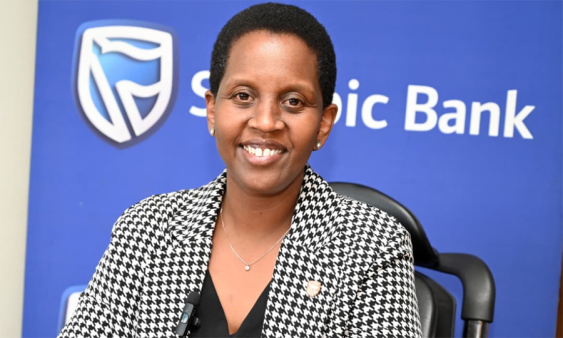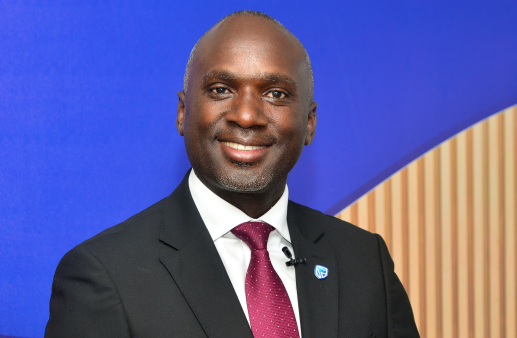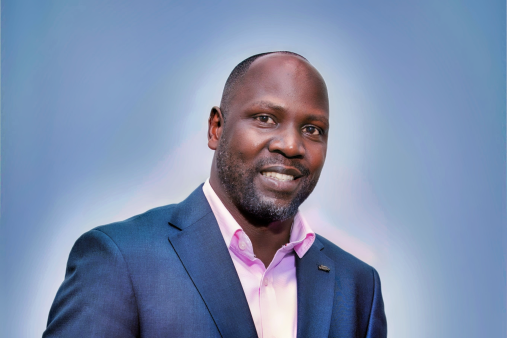Serving as Chief Finance Officer is the dream for most finance professionals; could you please share with us your journey to becoming Chief Finance and Value Management Officer (CFVO) at the country’s largest lender, Stanbic Bank?
It has been a typical banker’s career journey. I started in 2002, as a teller, with the then, Barclays Uganda (now Absa Bank Uganda). Through the years, I have been intentional about self-improvement, growing both technical finance and soft skills such as communication, interpersonal relations, and many others. I first joined the finance department in 2006 as a financial reporting officer—this role was the springboard to what I would become in later years as it presented me with the opportunity to practice what I studied. Intentionally, I set out to make a difference in the company.
At that point, did you already look at yourself as a man on a mission to rise to the top?
I would say yes, though I didn’t go around throwing it in everyone’s face. What I recall is that I used the new role to sort of unleash my potential, showcasing my abilities to help the organization solve business problems. I looked for opportunities to drive value in the organization. It was a challenging time in the organization that was going through an acquisition of the then Nile Bank. I was part of the workstream that was tasked to integrate the two systems into one. This was a pivotal moment that tested my resilience and improved my full understanding of the entire organization. After successfully delivering the integration, I was a more refined finance professional in all aspects which led to my next move—deployed to Barclays Ghana for eight months to support the finance department.
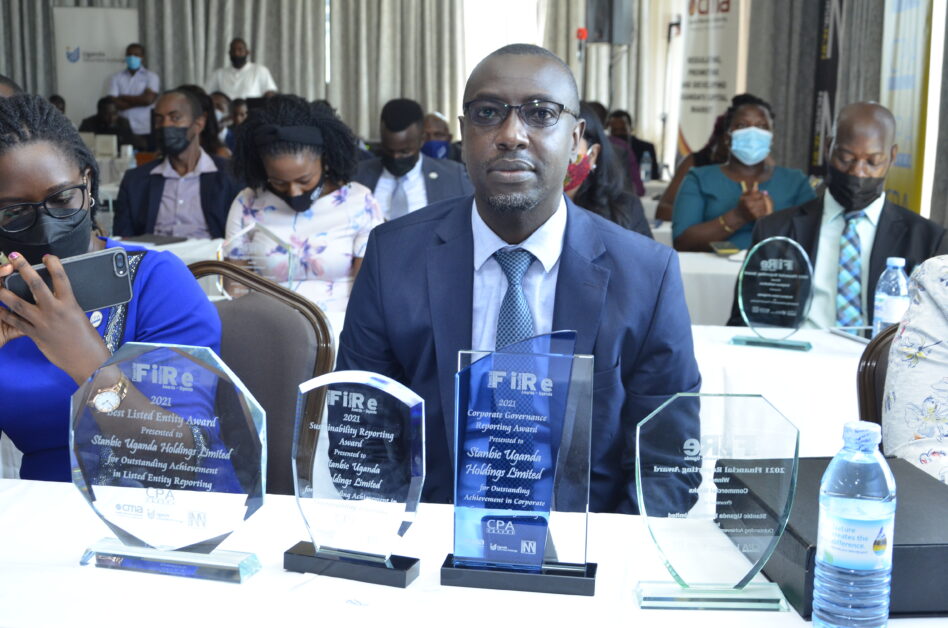
And then you joined Stanbic Bank…?
Yes—in 2013. I joined Stanbic as a Financial Reporting Manager. My previous experience in integration projects would come in handy as Stanbic was still going through some systems improvement following the acquisition of UCB and the business having been listed on the stock exchange. It presented an opportunity to demonstrate my full knowledge and experience in handling similar situations, this earned me a ticket to support the other Standard Bank subsidiaries in embedding good financial hygiene within the control environment. Being part of these workstreams laid the ground for my being assigned the role of Financial Controller which renewed my focus on organizational transformation. I had the opportunity to lead a select group of senior colleagues tasked with delivering an organizational transformational project. The successful completion of this project set me up for another task with Stanbic Tanzania where I would serve for eight months as caretaker Head of the finance department.
At what point did you join product development?
Upon my return from Tanzania—at the end of my caretaker role. Uganda had created the Client Solutions business unit tasked with innovating for the client. I served as Head of Banking which was a good opportunity to deepen my understanding of the business environment as we were tasked to scan the market, watch consumer trends, and innovate to serve the emerging needs of customers. It was an opportunity to interact with the customers, develop new unique solutions, review existing offerings, and drive the return on investment. Then early in 2023, I returned to finance as the head of treasury and capital management and within a few months I was acting CFVMO—following the redeployment of my colleague, Abraham Ongenge who is now Executive Head of retail banking at Stanbic Bank Kenya. It would be my second time serving in the role, in an acting capacity, having done so earlier, when my senior colleague, Sam Mwogeza left the role, before eventually taking up his current role as Executive Head of Private and Personal Banking.
Had it always been your dream to be a finance professional right from childhood? What was your turning point in the finance profession?
Ironically, I had always wanted to be a doctor during my childhood—I was very good with science subjects and always played around with several instruments and living things. I started focusing on accounting when my uncle—an accountant, interested me in the profession. It was in the late 1990s. At the time there was demand for the skill with very few qualified people. It was then that I switched my focus to Finance.
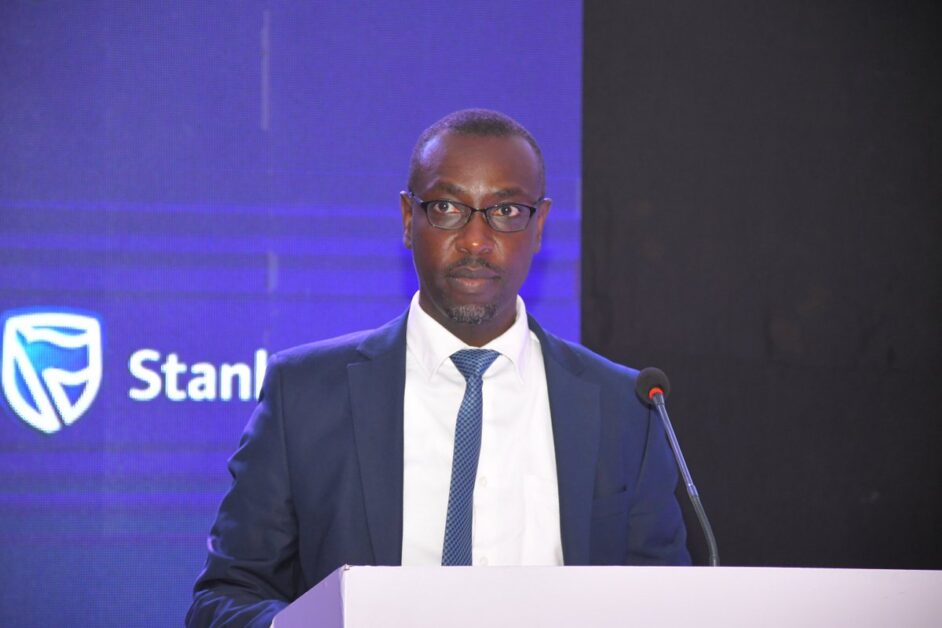
You bring to this role nearly 2-decades of experience; over the years, what would you say has changed in the role of the CFO and what does it mean for the practice going forward?
The role of the CFO is evolving. This evolution, as Mckinsey said in an April 2022 article, is because of there is an increased adoption of digital technologies, disruptions caused by the COVID-19 pandemic, and a wave of geopolitical and economic uncertainties and these require that CFOs take on a pivotal role in their organizations’ strategic agendas. Value management speaks to impact because CFOs now must concern themselves about how their activities and decisions impact the organisation. You can safely say that the CFO, operationally, sits in the co-pilot spot with the chief executive to drive strategy by partnering closely with the business units. You need to ensure the right matrices and projects that lead to an overall improvement in the business environment. The CFO is the orchestrator of the overall interaction of the systems, people and customers and your job is to connect the three to ensure value is added to the organisation and all stakeholders. The role has evolved significantly from a custodial role alone to a value creation role. The CFO is now required to know everything about the organization, co-creating the strategy with other leaders and driving its execution through partnerships with business leaders. I feel lucky my career journey, serving in both finance and business roles, and leading organizational transformational roles, has fully prepared me to succeed in the role of CFVO.
For anyone out there starting or seeking to join the profession- or even those in the profession already- what do they ought to be learning, unlearning and or re-learning?
The world is now fully connected, and a lot is changing much faster than we have seen in decades, especially in the technology area these changes, and new developments have given customers options globally. As professionals, we are now competing on a global scale and one must keep up to date with new and upcoming trends globally to remain relevant, one must be able to relate these trends and events to the organization and how they create or destroy value for the customer. One must continuously be on a learning journey; it is the only way to stay relevant.
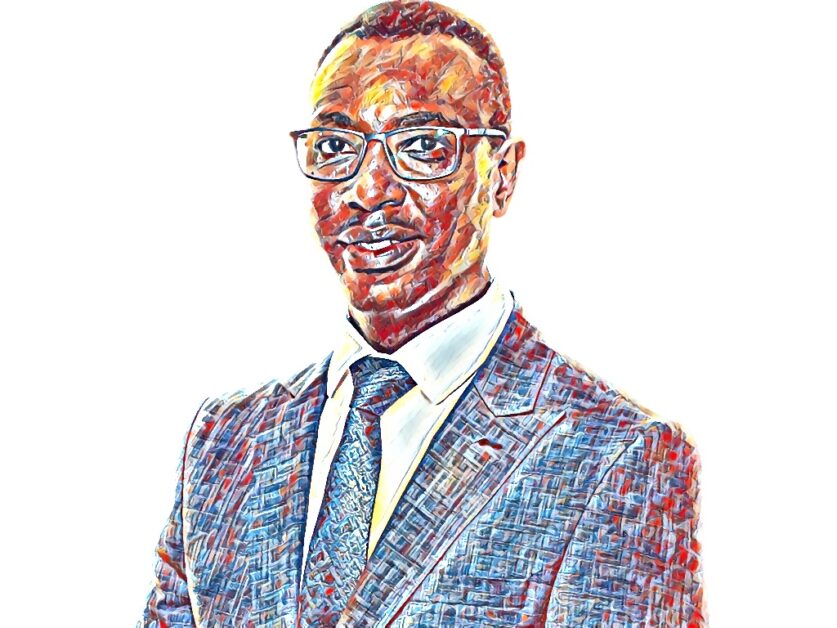
One should be willing to set aside what isn’t relevant and focus on the most important impactful things, at a professional and personal level—this takes sacrifice, especially for younger professionals who face many distractions in life today. So, it’s helpful to get a mentor or coach to help you avoid some of these mistakes and shape your journey and unpack what’s unclear in your mind. Approaching situations with an open mind and creating time to read extensively also helps broaden one’s thinking and opens the mind to new possibilities, focusing on identifying gaps and solving challenges is critical in elevating yourself.
What would be the key 5 things/lessons about life/work that you have learnt over time that you would like to share with the world?
First, one must set their sights on specific, meaningful things that make them happy. Secondly, prepare for success like an athlete prepares for a big game. Thirdly, failure is not a defeat, but a stepping stone to success; embrace the lessons you learn from your mistakes. Then, your life is your own, and only you can determine how it will look like. Finally, find strength in faith and prayer prioritize your physical health and energize your mind.
Outside the office, which is the other side of Makata that we don’t know?
I don’t lead a double life. Ronald in the office is generally the same outside—quiet, family man who is very prayerful and very much into sports. I spend most of my free time in these two areas—family, and sports. I was also lucky to get a better half who is equally prayerful, so we are a family anchored on prayer.
What inspires you?
Seeing our work at the bank truly changing lives—it goes beyond balancing numbers. Customer success stories help put a human face on our numbers and it inspires me to see lives changing through our products such as lending to farmers and women in business at low interest rates, enabling them to build livelihoods and support their households financially.

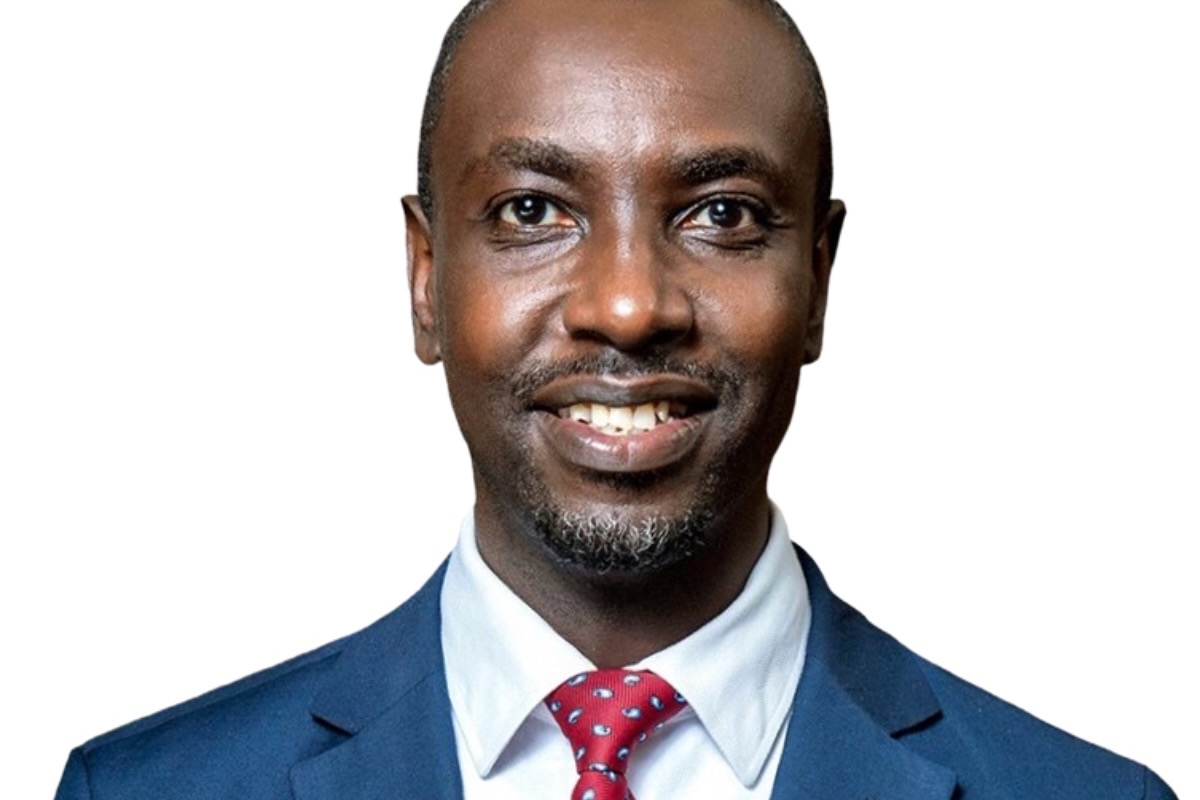
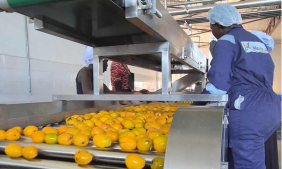 Beyond the Low-Hanging Fruit: The Grit, Capital, and Vision Required to Industrialise Rural Uganda
Beyond the Low-Hanging Fruit: The Grit, Capital, and Vision Required to Industrialise Rural Uganda